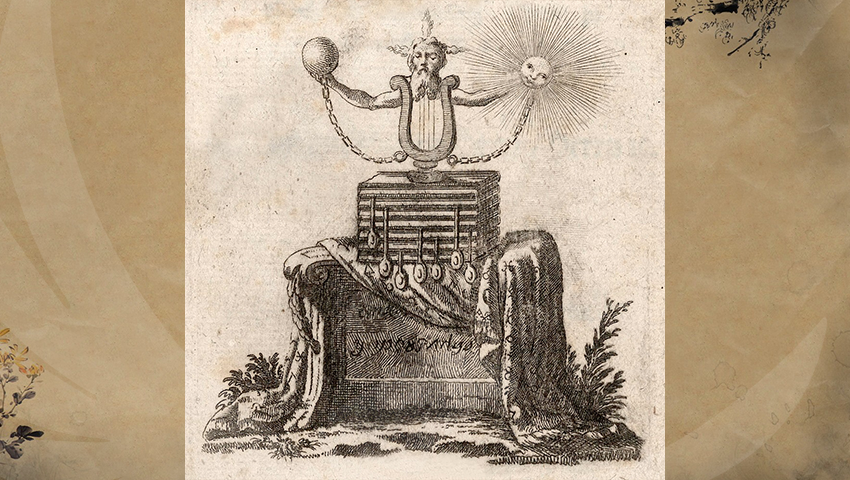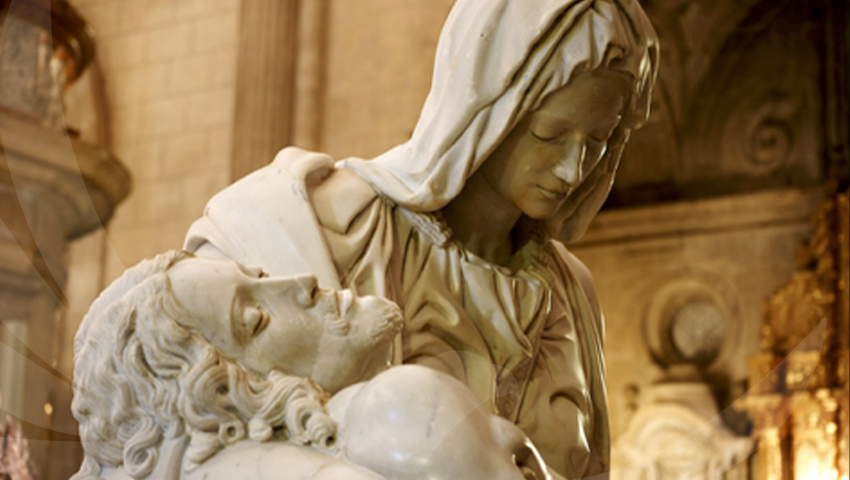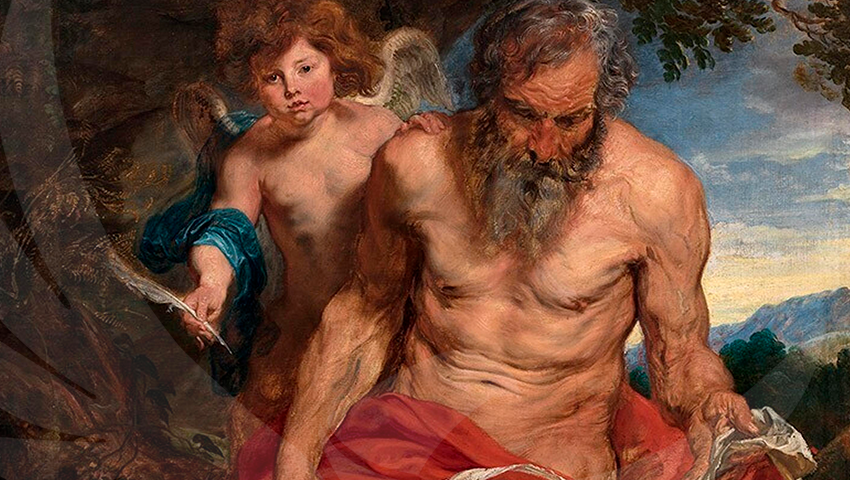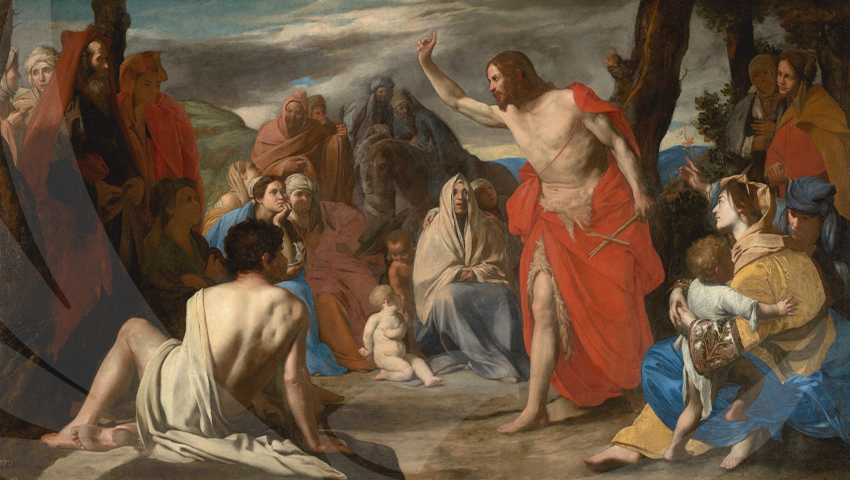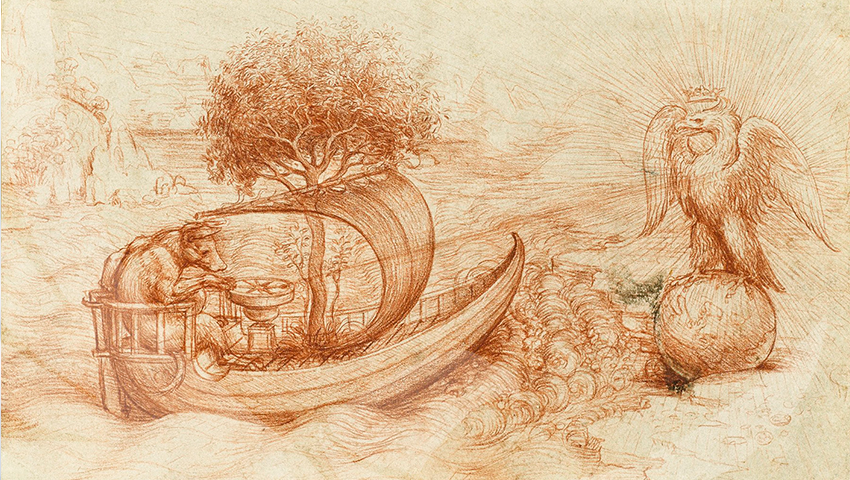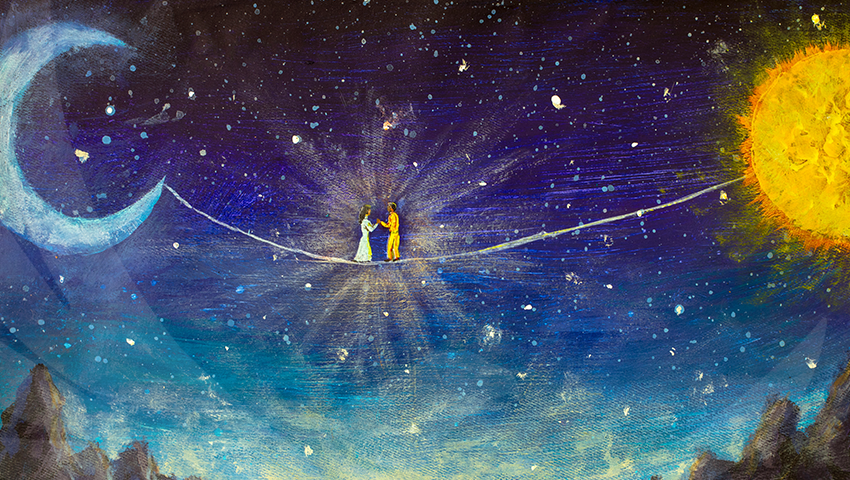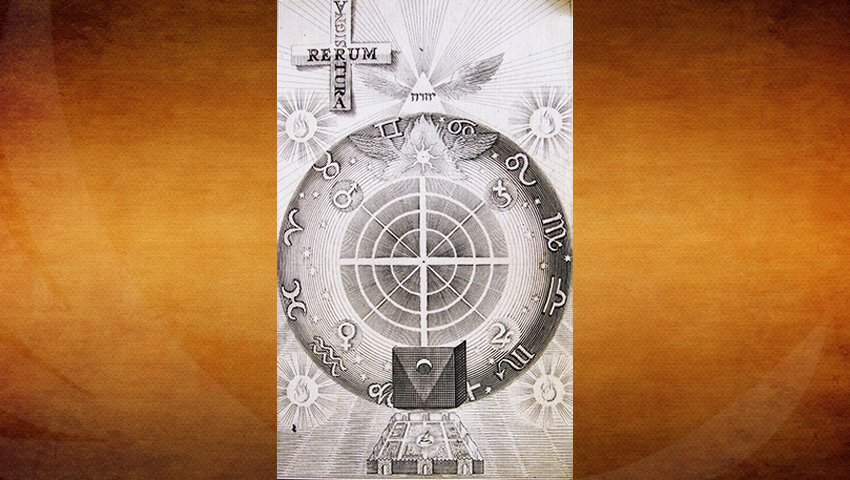Highly esteemed readers:
I approach you to make some comments about an engraving that is included in a work that deals with the following:
PERSPECTIVES ON MAGIC FROM PROVEN EXPERIENCES ON OCCULT PHILOSOPHICAL SCIENCES AND OCCULT SECRETS OF NATURE
This work to which we refer above was written by Karl Eckartshausen and was published in 1788 in Munich ─Germany─.
According to historians, it is a work of theosophical character that contains various themes of natural philosophy and esotericism, taking elements from Kabbalah and Hermeticism. It conveys the idea that the secrets of Nature will only be revealed to those kind-hearted men. Such individuals can use the power that comes with such secret knowledge for the betterment of humanity. He also states that the closer we get to the creation of the Gods, which is none other than Nature, the closer we get to the power of the only begotten God.
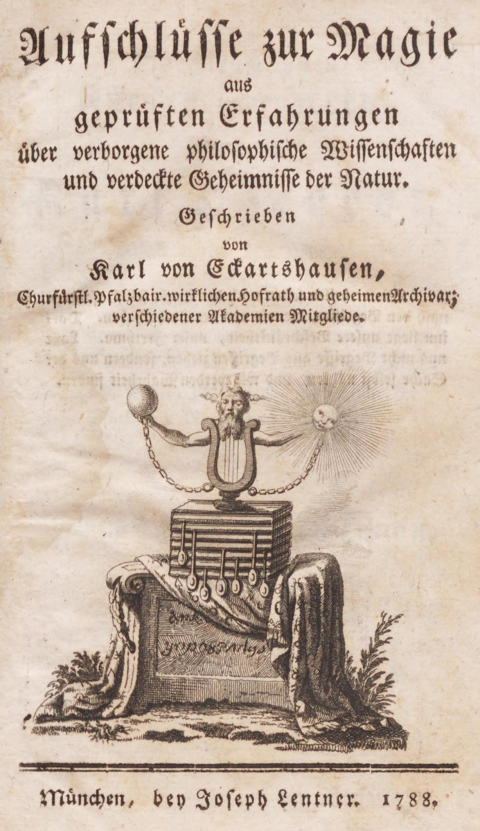
To begin our comments, we will say that the engraving presents us, first, to a human figure representative of our BEING. That is why we see in Him flames of fire that spring from his head, forming a cross with them. This is to point out that God in himself is a fire –as Heraclitus rightly said– and that absolutely all creation flows from him.
This deity represented here has in his right hand a globe representative of the Moon and in his left hand a Sun. Both images are, alchemically speaking, illustrating the power of Sulfur and Mercury, fundamental elements to realize the inner Great Work of which the Masters of transmutatory art have always spoken.
It is good to observe that both stars shown here ─the Sun and the Moon─ are united by a chain, because alchemical science emphasizes that both elements ─Sulfur and Mercury─ must end up forming a single element that has been called Red Tincture or Red Elixir. Obviously, such a transformation is not done overnight, but is the fruit of the refinement and patience of the operator or alchemist.
Undoubtedly, the current of sound or the law of the musical octaves plays an important role in the attainment of the inner work or Philosopher’s Stone. All this is indicated in ancient texts, such as mantras, which help in the transformation of our mercurial matter. Therefore, we see that the trunk of the venerable old man is constituted by a lyre, a musical instrument that has been shown in many paintings and engravings relating to angels or mythological heroes. Likewise, we must contemplate that the trunk of the divinity rests on seven books or treatises. Each of these books contains the wise details that it has been necessary to put into practice for the fabrication of our true secret anatomy or mercurial bodies. We are talking here about our atomic vehicles. Likewise, the spoons that hang from such treaties symbolize the prudence in the treatment of that Red Tincture of which we have spoken in previous lines.
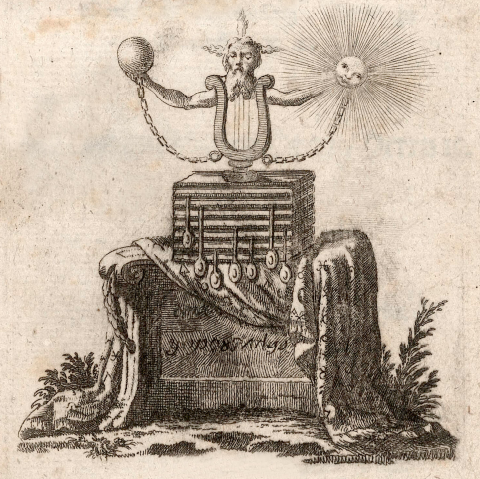
Making an imaginative exercise, we could say that the seven treaties or books on which the divine elder sits make up a kind of cube that could point to the Cubic Stone or Philosopher’s Stone.
Below the aforementioned books appears a piece of furniture on which we see a mantle full of astrological and hermetic figures. All this is to indicate the relationship of the planets with the phases of our work in the Forge of Vulcan ─let us remember the conference by our V.M. Samael Aun Weor entitled “The metallic planets of Alchemy”─. This cloth of which we speak is also in connection with the veil that covers the divine mysteries and that the alchemist must unravel in his journey.
Finally, we let you know that Eckartshausen continued his treatise ─Aufschlüsse zur Magie─ with three more volumes that were published in 1790, 1791 and 1792.
I now add some sentences that I consider interesting:
“Genius is a revelation from God.”
Calderón
“Talent is a magistracy; genius is a priesthood.”
Victor Hugo
“Genius is composed of two percent talent and ninety-eight percent persevering application.”
Beethoven
“Genius is like the eagle: the higher it rises, the less visible it is, and its greatness is punished by the loneliness in which its soul finds itself.”
Racine
“A genius is a factory; a scholar a storehouse.”
Balmes
GLADIUS DEI.
─’The sword of God’─
KWEN KHAN KHU
